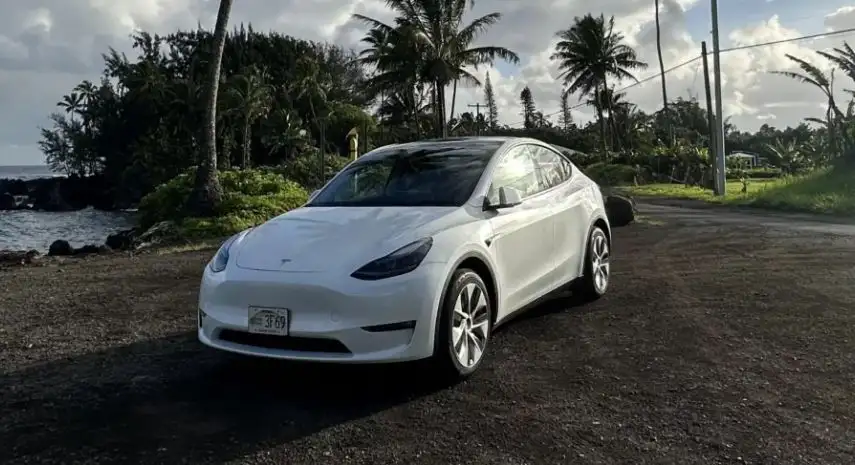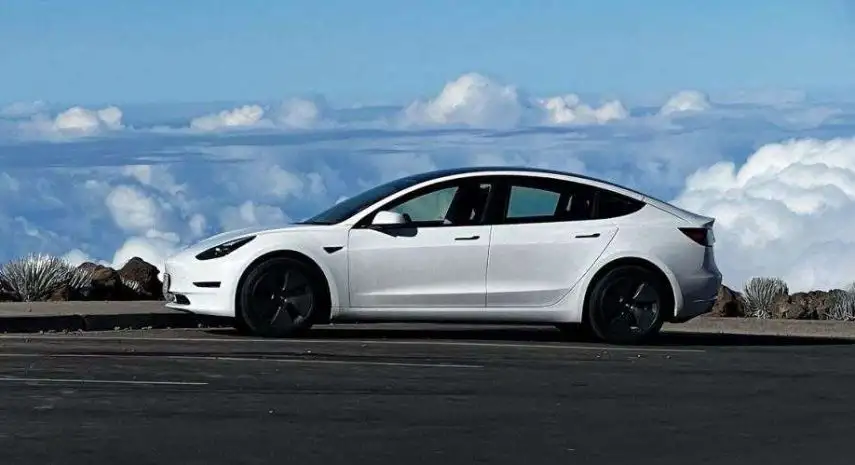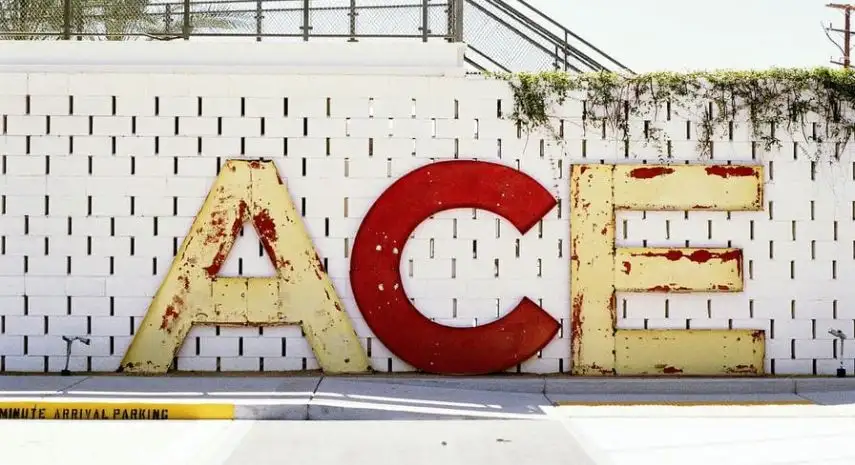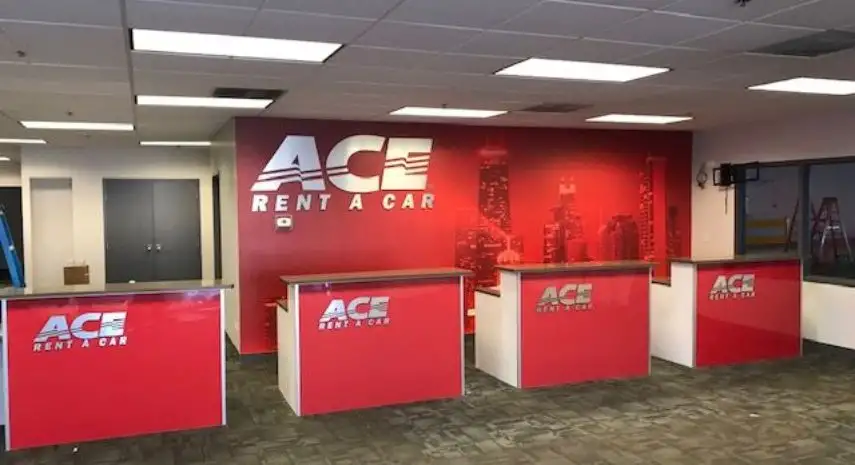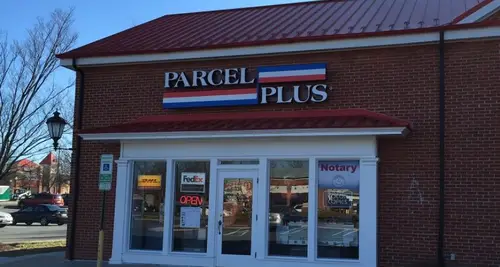Established
1966
Franchise Units
170
Minimum Investment
$150,000
Franchise Fee
$10,000
Total Investment Range
$500,000
Home Based
No
Description
Ace Rent A Car is a well-established, customer-centric car rental brand in the United States, offering affordable and convenient transportation solutions. With a legacy dating back to 1966, Ace has built a reputation for providing quality vehicles and exceptional service. Their franchise model allows independent operators to leverage the Ace brand, benefiting from its established market presence and customer loyalty.
Why Invest in this Franchise?
-
Affordable Investment: Ace offers a cost-effective entry into the car rental industry, making it accessible for entrepreneurs seeking a low-investment opportunity.
-
Established Brand: With decades of experience, Ace Rent A Car is a recognized name in the industry, providing franchisees with instant brand recognition and trust.
-
Comprehensive Support: Franchisees receive extensive training and ongoing support, including assistance with operations, marketing, and customer service, ensuring a smooth business launch and sustained growth.
-
Flexible Ownership: The franchise model allows for independent operation under the Ace brand, offering flexibility and autonomy while benefiting from the resources and support of a larger network.
-
Scalable Business Model: With over 170 licensed locations in more than 55 countries, Ace's proven business model offers scalability, allowing franchisees to expand their operations as their business grows.
Background
Established Year: 1966
-
Franchise Units: Over 170 licensed locations in more than 55 countries, including numerous locations across the USA.
-
Founders: Robert Sorensen and Ken Osterand
-
Ownership: Privately held; the Ace Rent A Car brand and licensee system are owned separately from the rental operations.
-
Company History: Founded in Indianapolis, Indiana, Ace Rent A Car began as a small operation and has grown into a global network of independent rental car operators. In 2014, the founders sold their rental operations to Avis Budget Group but retained ownership of the Ace Rent A Car brand and licensee system.
-
Industry Category: Automotive & Transportation
Support Training
Pre-Launch Support: Assistance with site selection, lease negotiations, and store setup to ensure a successful launch.
-
Operational Training: Comprehensive training covering all aspects of car rental operations, including vehicle management, customer service, and daily operations.
-
Marketing Support: Access to branded marketing materials and campaigns to promote the franchise locally and attract customers.
-
Ongoing Support: Continuous support from the Ace corporate team, including updates on industry trends, operational best practices, and customer service enhancements.
-
Technology Access: Utilization of Ace's proprietary reservation system, providing franchisees with access to a global customer base and streamlined booking processes.
Ideal Candidate
Business Background: Entrepreneurs with experience in customer service, operations, or the automotive industry.
-
Passion: Individuals who are passionate about providing excellent customer service and managing daily operations.
-
Investment Capability: Ability to invest in the initial setup and ongoing operational costs, with a focus on long-term profitability.
-
Location Preference: Interest in operating in high-traffic areas such as airports, tourist destinations, or urban centers where car rental demand is high.
Financial Detail
| Financial Component | Details / Estimated Range |
|---|---|
| Total Investment Required | $150,000 – $500,000 (depends on location, size, and fleet) |
| Minimum Investment Required | $150,000 |
| Franchise Fee | $10,000 – $20,000 (one-time) |
| Royalty Fees | 5% – 6% of gross revenue (monthly) |
| Marketing Fee / Fund | 1% – 2% of gross revenue (for brand marketing) |
| Infrastructure / Setup Cost | $50,000 – $200,000 (office space, signage, technology, initial fleet purchase) |
| Working Capital | $30,000 – $50,000 (to cover 3–6 months of operating expenses) |
| Expected ROI | 15% – 30% annually (location dependent) |
| Break-Even Time | 12 – 24 months |
potential revenue streams
1. Daily Vehicle Rentals
The core revenue source is short-term car rentals, typically charged by the day. Customers range from tourists, business travelers, and local residents needing temporary transportation. High-demand locations like airports and city centers can generate substantial daily rental income, especially during peak travel seasons.
2. Long-Term Rentals
These are rentals for extended periods—weeks or months—often catering to business clients, relocating families, or insurance replacement vehicles. Long-term rentals offer stable cash flow and lower marketing costs per customer compared to daily rentals.
3. Insurance Add-Ons & Protection Plans
Franchisees can earn additional revenue through optional insurance packages, collision damage waivers, liability coverage, and personal accident insurance. Many customers opt for these add-ons for convenience, generating high-margin income for the franchise.
4. Equipment Rentals (GPS, Child Seats, Accessories)
Customers often pay extra for GPS devices, child car seats, ski racks, or other travel accessories. These small add-ons have a low cost but can significantly boost per-rental profitability.
5. Corporate & Business Accounts
Partnering with companies to provide rental solutions for employees, business trips, or fleet leasing creates recurring, high-volume revenue. Corporate contracts often include negotiated rates, but the volume and consistency of rentals make them highly profitable.
6. Airport & Special Location Services
Rentals at airports, train stations, or tourist hubs can include additional fees, priority booking, and premium service charges. These locations typically see higher demand and justify slightly higher rates.
7. Seasonal & Event-Based Rentals
Revenue spikes can occur during holidays, sporting events, festivals, and conventions. Offering tailored packages for events (like weddings or group tours) can generate temporary, high-margin revenue.
8. Value-Added Services
Other optional services such as roadside assistance, vehicle delivery/pickup, or loyalty programs can create incremental revenue while enhancing customer satisfaction.

